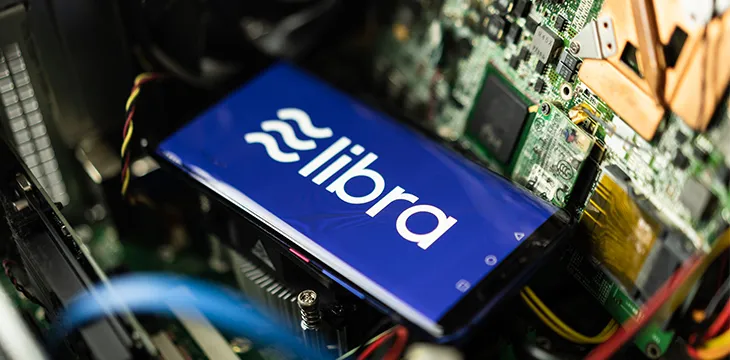|
Getting your Trinity Audio player ready...
|
Calibra executive David Marcus has now gone through his first major congressional test in the rollout of Libra, Facebook’s new digital currency. He faced a bipartispan panel of skeptical U.S. senators on July 16, and if anything else is clear, it’s that Facebook doesn’t have enough credibility yet to move forward with its plans.
Democratic Senator Sherrod Brown of Ohio summed up the basic problem the U.S. government has with Facebook. Simply, Facebook has been “through scandal after scandal that it doesn’t deserve our trust,” he said. “We’d be crazy to give them a chance to let them experiment with people’s bank accounts.”
In Washington, D.C., where it can sometimes be impossible to get senators to agree on the color of the sky, Republicans took the same stance as their Democratic colleagues. “I don’t trust you guys,” said Republican Senator Martha McSally of Rhode Island. “Instead of cleaning up your house you are launching into a new business model.”
Making it very clear, as Treasury Secretary Steven Mnuchin did earlier in the week, that the U.S. isn’t against well regulated and social responsible cryptocurrencies, Democratic Senator Brian Schatz of Hawaii confirmed that he wants the U.S. to lead in the industry. The question, he asked, is, “Why in the world, of all companies, given the last couple of years, should [Facebook] do this?”
For his part, Marcus stuck mostly to the same talking points we’ve been hearing for weeks now. In his opening statement, he said:
Our first goal is to create utility and adoption, enabling people around the world—especially the unbanked and underbanked—to take part in the financial ecosystem.
Marcus and Facebook boss Mark Zuckerberg have repeatedly pointed out in the past that Libra is not just Facebook’s responsibility, but all of the companies joining the Libra Association. Democratic Senator Bob Menendez of New Jersey grilled Marcus on this point, demanding to know if Libra’s data will be kept entirely separate from Facebook’s user data. Marcus couldn’t confirm exactly how separate the data would be, but said, “The way we’ve built this is to separate social and financial data, because we’ve heard loud and clear from people that they want those two data streams separate.”
Not every senator was out for blood though. Marcus found a bit of an ally in Republican Senator Pat Toomey of Pennsylvania, who doesn’t want to discourage innovation. “We shouldn’t prevent what can be a tremendous financial innovation. There is a big potential in blockchain technology,” he said.
While this Senate hearing didn’t go as great as Marcus could have hoped, he’s not done yet. He’ll have to go for a second round with the House Financial Services Committee on July 17, where he’ll face Chairwoman Maxine Waters, one of the most vocal critics of Facebook in Washington.

 07-02-2025
07-02-2025 





